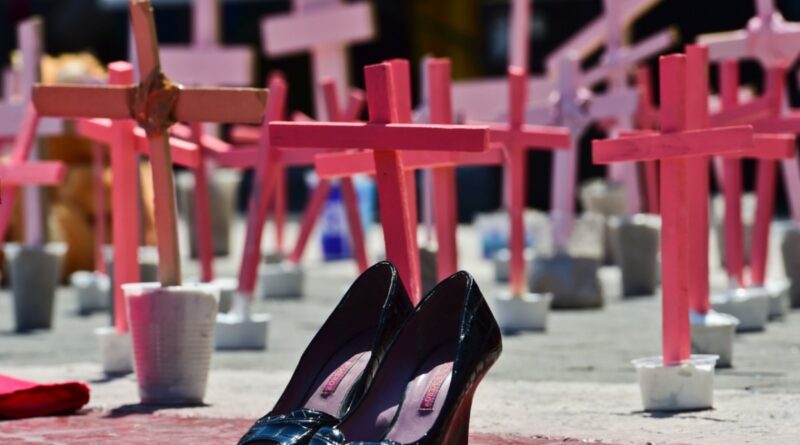Kenya: Women in Kenya Demand Justice for Femicide Amid Spate of Killings
Nairobi — A spate of femicides has spurred calls for justice for women across Kenya, where more than a dozen women have been killed since the start of the year.
In January alone, at least 14 women in Kenya were killed by their intimate partners.
The high-profile murders of 26-year-old Starlet Wahu Mwangi and 20-year-old Rita Waeni in particular, both in Nairobi, has put pressure on the government to rapidly investigate, arrest and prosecute those responsible.
Thousands of women marched throughout the country last month to push the government to declare femicide a national emergency and a threat to national security.
According to Africa Data Hub, which tracks public reports, more than 500 femicides were recorded in Kenya between 2016 and 2023, with other cases suspected to have gone unreported.
‘Our justice system cannot be relied upon’
In Malaa village, 42 kilometres from Kenya’s capital, Connie Muuru works with mothers who have lost their daughters to femicide and other forms of murder.
After several failed attempts of seeking justice for her daughter, Jully Sharon Muthonim, who was brutally murdered by her lover, Connie has set up a support group in Jully’s memory.
“What I do here at Team Compassion is walk with families that have lost loved ones through murder. I have walked the same path,” she says.
“I lost my daughter in 2016, and for two years I attempted to seek justice only for it to backfire and send me to severe depression.
“Our justice system cannot be relied upon, I experienced it and I see it even today.”
Barriers to justice
Activists say failings in the criminal justice system mean gender-based crimes end up unpunished.
“Women are afraid of reporting acts of violence simply because the system blames the victim instead of dispensing justice,” said Irungu Houghton, executive director of Amnesty International Kenya.
“Some judges take vexatious arguments to delay the cases,” he told RFI.
Human rights campaigner Boniface Mwangi blames police.
“They conduct shoddy investigations, take bribes from perpetrators, then claim they did their work,” he says, accusing law enforcement of not taking violence against women seriously.
“Femicide is homicide and all cases should be handled with the seriousness they deserve.”
Misogyny revealed
But the latest murders have also exposed misogyny in Kenyan society, which remains largely patriarchal.

Sign up for free AllAfrica Newsletters
Get the latest in African news delivered straight to your inbox
On social media, the killings were greeted with comments blaming the victims for “being in the wrong place” and “dressing inappropriately”.
As thousands of women gathered in major cities at the end of January to protest against the deaths, a video shared online showed men angrily shouting at demonstrators and threatening violence.
At the Nairobi march, wheelchair user Catherine Syokau, founder of Diverse Ability Initiative, said she came to send a message to the authorities on behalf of the most vulnerable women.
“More than half of persons living with disability in Kenya are poor, they cannot even hire a lawyer to represent them. To them, justice is an impossibility. It is like the society has approved murder and we are not aware,” she told RFI.
More than 30 percent of women in Kenya experience physical violence and 13 percent experience some form of sexual violence, according to a government report released last year.
“This must end today and now!” says Syokau.

